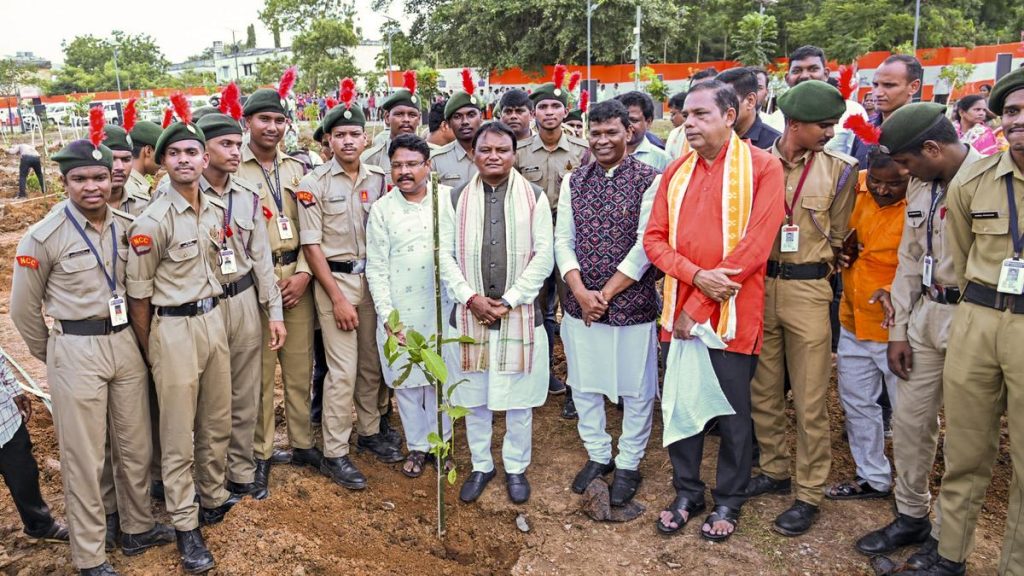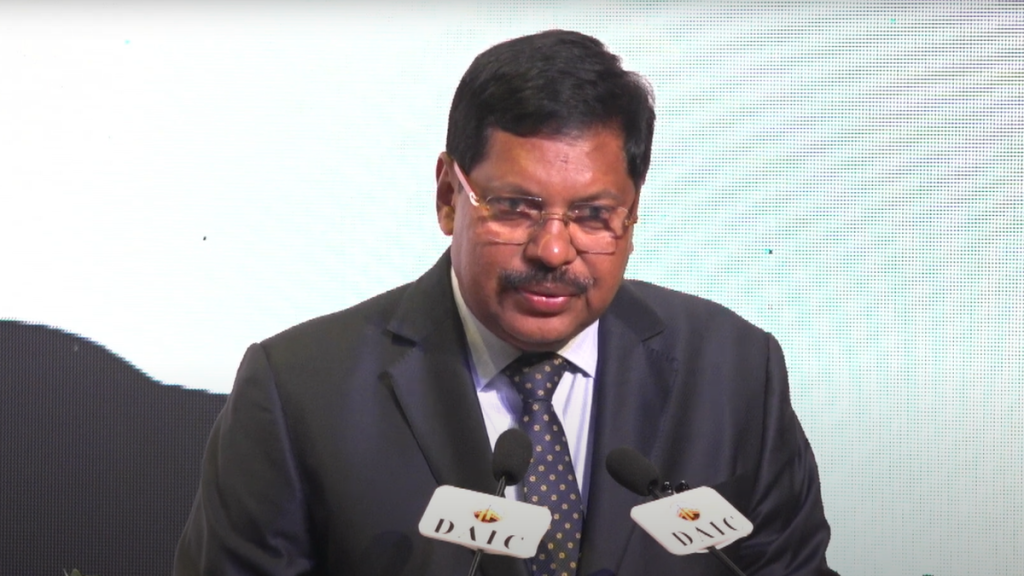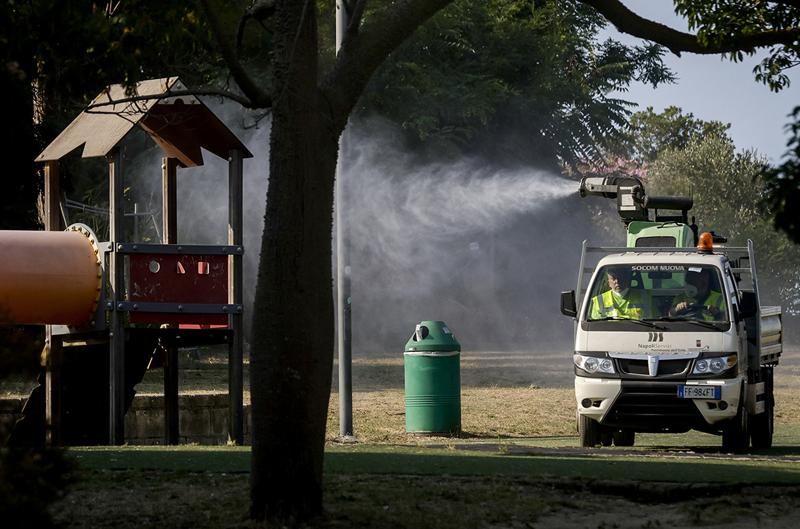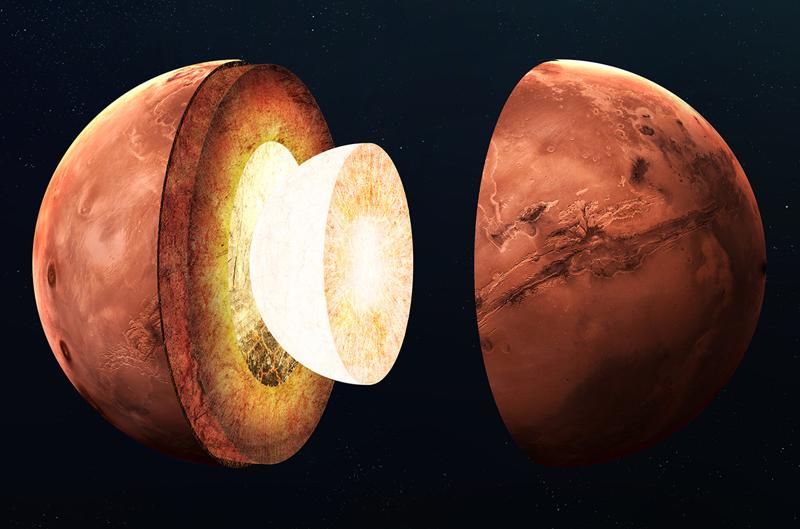Now Reading: Oldest Dome-Headed Dinosaur Discovered in Mongolia
-
01
Oldest Dome-Headed Dinosaur Discovered in Mongolia
Oldest Dome-Headed Dinosaur Discovered in Mongolia
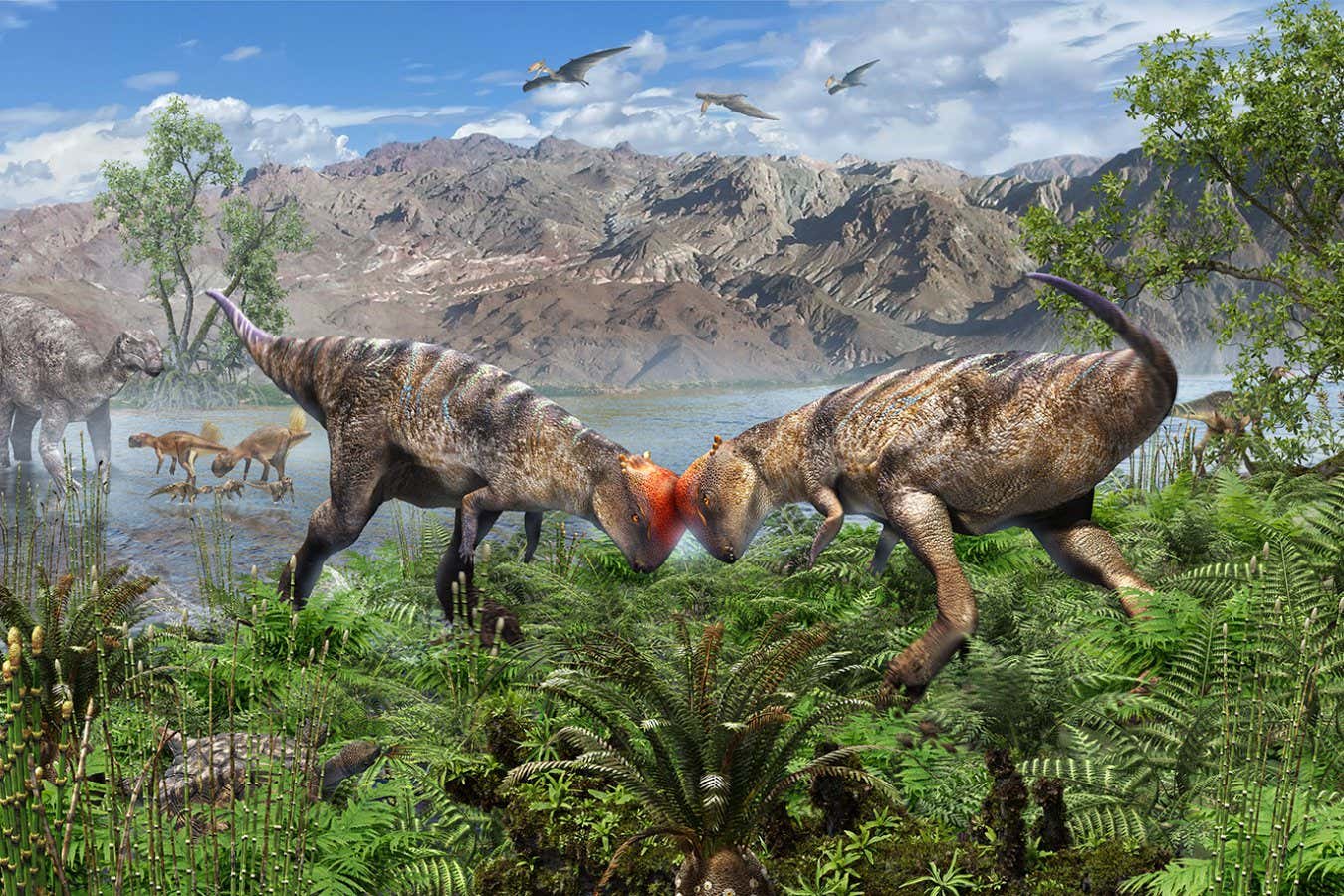
Rapid Summary
- A new dinosaur species, zavacephale rinpoche, was discovered in the Gobi Desert, Mongolia, dating back about 108 million years to the early Cretaceous period.
- This species is an early member of pachycephalosaurs-dinosaurs known for their solid-bone, dome-shaped skulls used for defense or display purposes.
- the fossil is the oldest known pachycephalosaur specimen, predating othre discoveries by approximately 15 million years and providing one of the most complete remains found so far (skull, limb bones, vertebrae, hips).
- Unique features include dimples on its dome-headed skull and bony spikes for ornamental display; CT scans revealed its dome structure was fully developed even in juveniles.
- At its death as a “teenager,” Z. rinpoche measured about a meter long and weighed just under six kilograms while still actively growing.
- Stomach stones were recovered alongside the fossil; these were likely used to grind food.
Indian opinion Analysis
The discovery of Zavacephale rinpoche highlights how paleontology continues to push boundaries in understanding prehistoric biodiversity.With its significant age and completeness compared to earlier finds within the pachycephalosaur group, this fossil offers critical insights into evolutionary processes during the Cretaceous period. while this breakthrough pertains specifically to Mongolia’s famous Gobi desert-a global hotspot for such findings-it underscores India’s potential role as a developing hub for paleontological research given its rich geological heritage.
India has similar terrains with fossil-rich sites that remain less explored relative to other regions globally. Lessons from such targeted expeditions elsewhere could aid advancing local research methodologies or fostering international collaborations further enriching scientific exploration across South Asia. While not directly linked with Indian interests today-the global fascination with such discoveries may inspire investment into digging india’s own untapped history buried underground.



